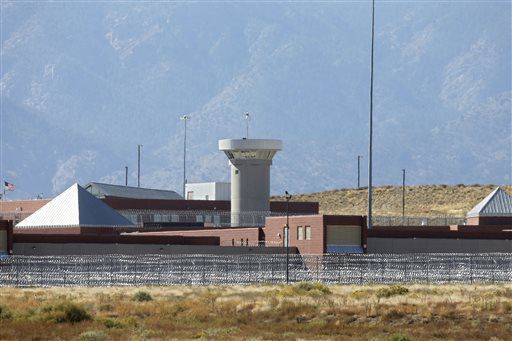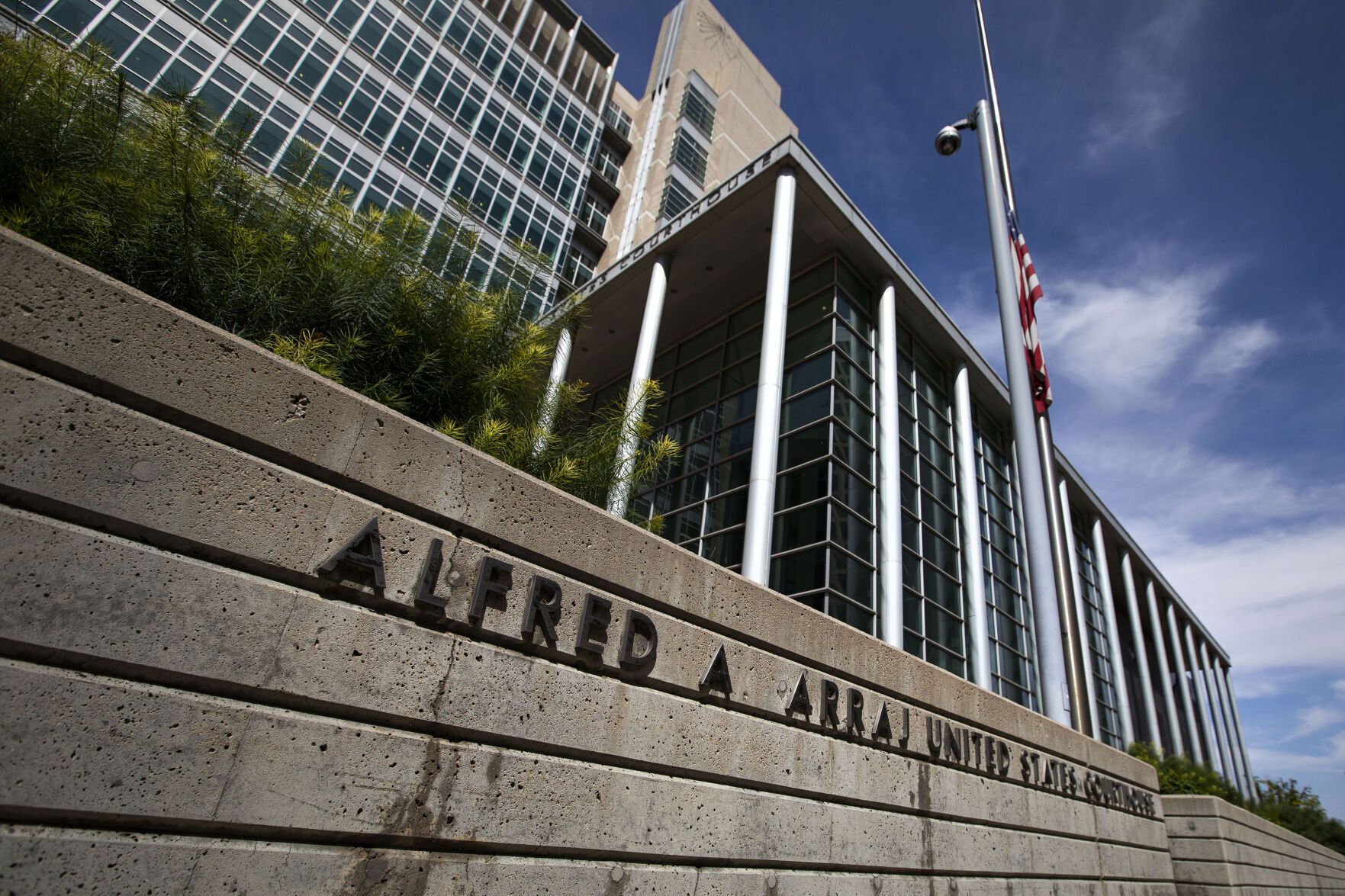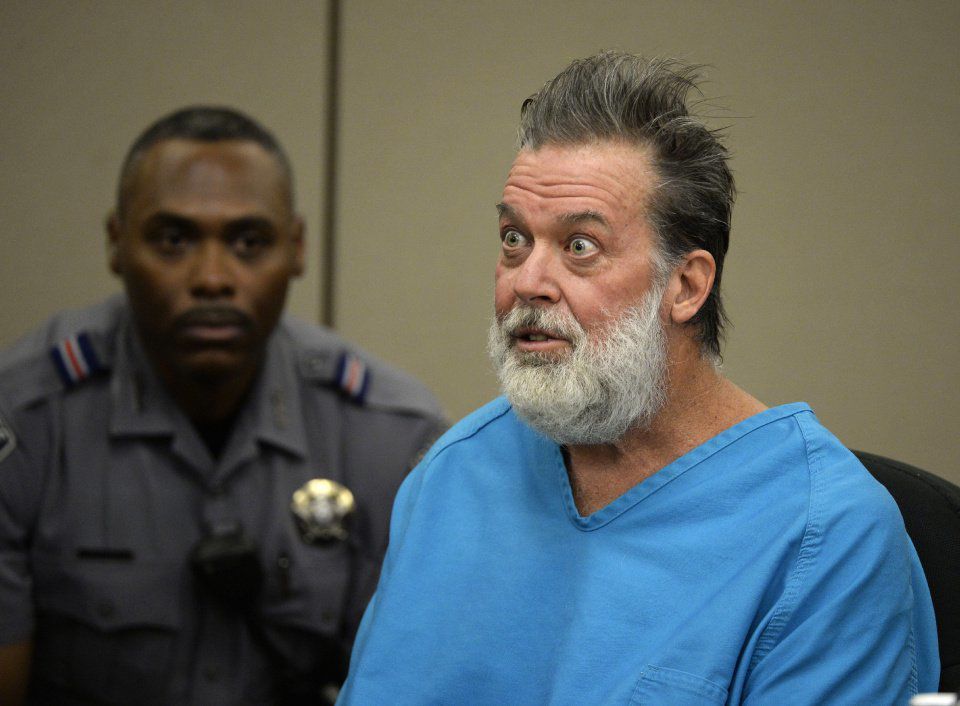Federal judge advances religious freedom claims of incarcerated amputee

A federal judge concluded last month that a Muslim man serving a life sentence at Colorado’s “supermax” prison may proceed with his claims that the government is violating his right to religious exercise by failing to install a water stream he can use to clean himself before praying.
Mostafa Kamel Mostafa, also known as Abu Hamza, arrived at the U.S. Penitentiary — Administrative Maximum Facility in Florence in 2015. A British citizen, Mostafa was extradited to the United States and convicted of hostage taking, providing material support to terrorists and conspiring to provide goods and services to the Taliban.
As an inmate at the highly secure prison, abbreviated “ADX,” he alleged multiple constitutional violations, ranging from prison staff assaulting him and failing to accommodate the exercise of his Muslim faith to withholding basic hygiene items from Mostafa — who, as a double amputee, has difficulty functioning with his prosthetic arms.
In a Sept. 25 order, U.S. District Court Chief Judge Philip A. Brimmer dismissed several of Mostafa’s remaining claims. However, he agreed Mostafa had shown the government violated his rights by failing to install a bidet in both of his designated cells that he could use to wash himself before his obligatory prayers.
“Although the government indicates that it has a compelling interest in not allowing prisoners access to a bidet, the fact that Mr. Mostafa is not subject to those policies and the fact that Mr. Mostafa has a bidet in one of his two cells demonstrate that the government’s interest is not sufficiently compelling under the circumstances of this case,” Brimmer wrote. “Mr. Mostafa has demonstrated that forcing him to be housed in a cell where he lacks a means of ritually cleaning himself places a substantial burden on the exercise of his religion.”
As the only double amputee at ADX, there were two cells the prison adapted for Mostafa’s use: 511 and 300. ADX policy requires prisoners to rotate cells to reduce the risk of concealing contraband or escape.
However, cell 300 was allegedly more dangerous for Mostafa due to certain features. Mostafa wrote in a statement to the court that then-U.S. Magistrate Judge Michael E. Hegarty visited the facility at some point and recommended the warden refrain from rotating Mostafa between cells. ADX followed the recommendation until there was a “gap between wardens,” and the prison rotated him back to cell 300.
Cell 300 does have a bidet, which Mostafa needs to properly wash himself before prayers as a component of his faith. He sought a similar upward stream of water for cell 511, arguing the absence of one amounted to a violation of his rights under the First Amendment and the Religious Freedom Restoration Act.

“It is undisputed that he has a bidet in Cell 300 and two shower heads that run longer than normal, and Defendants are working to install a second bidet in Cell 511 before he rotates back to that cell,” wrote the U.S. Attorney’s Office in April. “Defendants have given Plaintiff the one thing that he testified would solve his ritual washing problem: a bidet.”
Brimmer acknowledged Mostafa’s claims may be moot once ADX finishes installing the bidet in cell 511. But at the time of his order, there was no indication the work was complete.
“The Court finds that the undisputed facts show that the government has substantially burdened the exercise of Mr. Mostafa’s religion. Every day that Mr. Mostafa is housed in cell 511, he is forced to choose between praying while soiled or not praying,” wrote Brimmer.
Brimmer also determined Mostafa’s claims about his religious meals were moot because he is now receiving meals in an acceptable fashion. Brimmer further found Mostafa had not shown a violation of his right to equal protection under the law because there was no evidence ADX treated him differently from a similarly situated prisoner — in part because there were no other double amputees to compare him to.
The case is Mostafa v. Bondi et al.

















